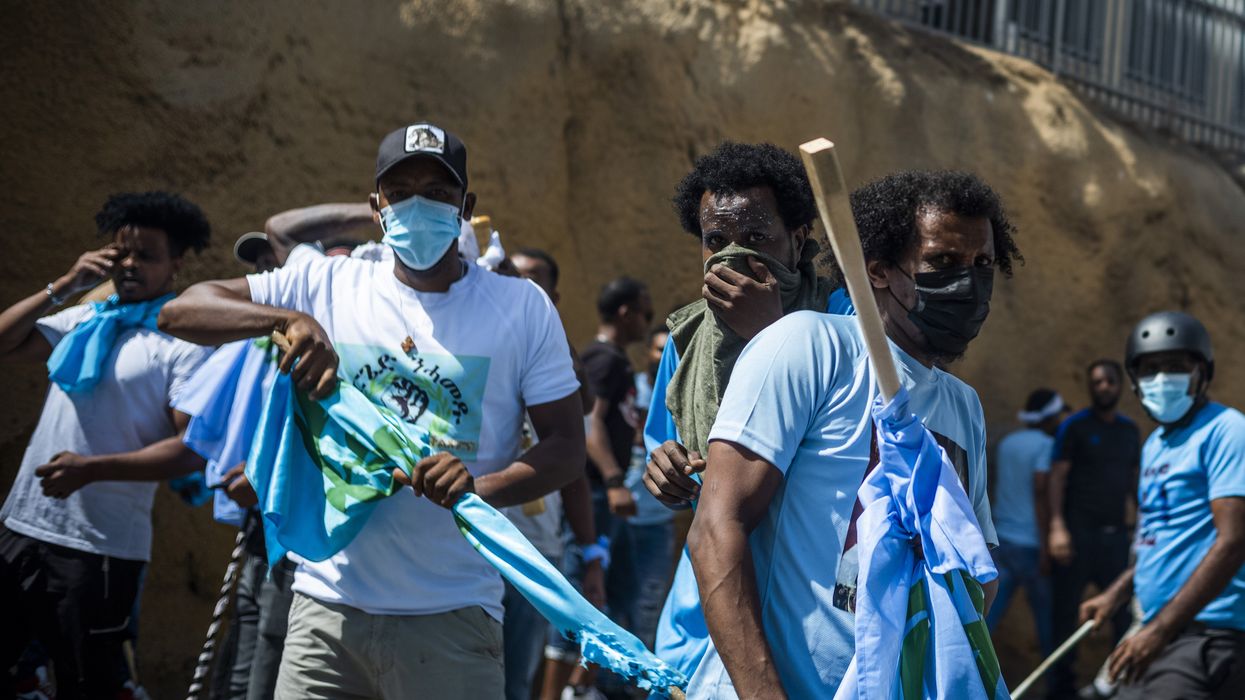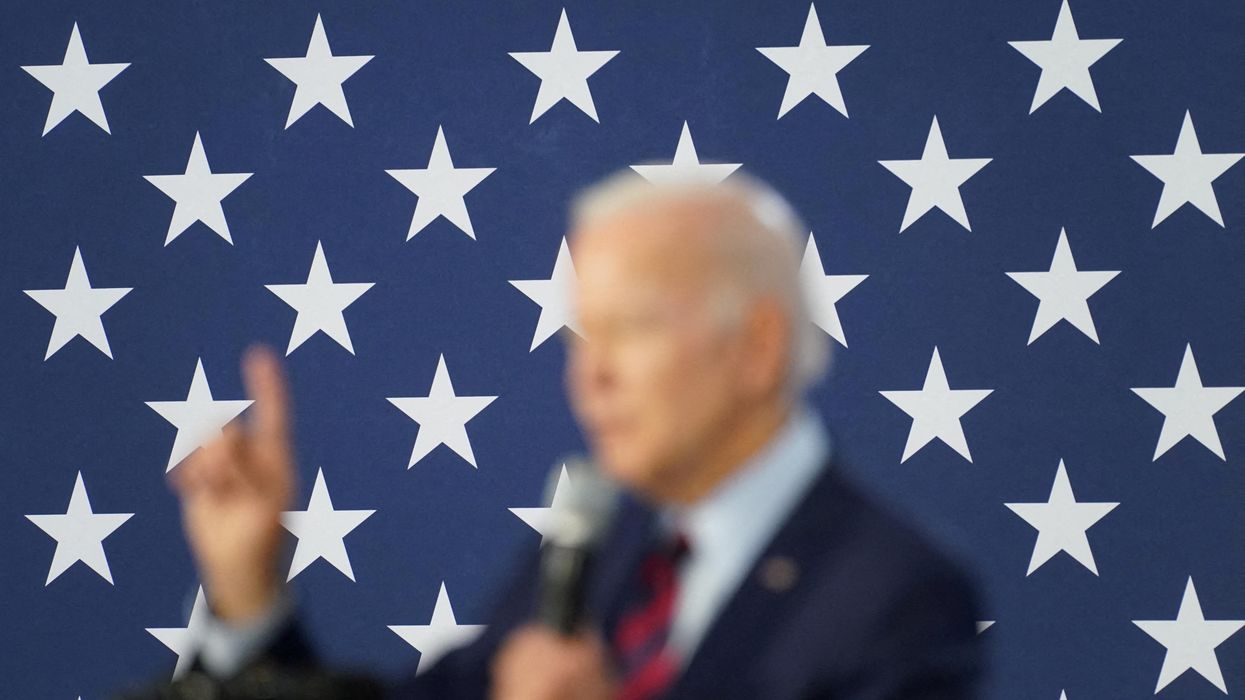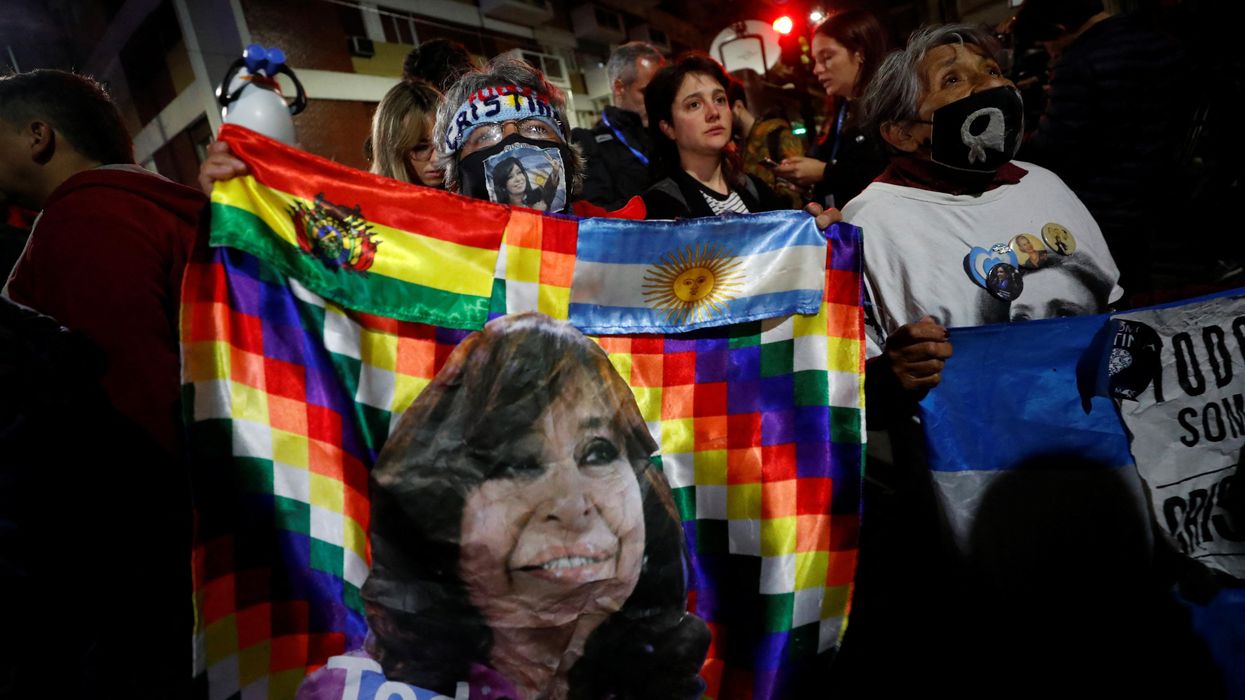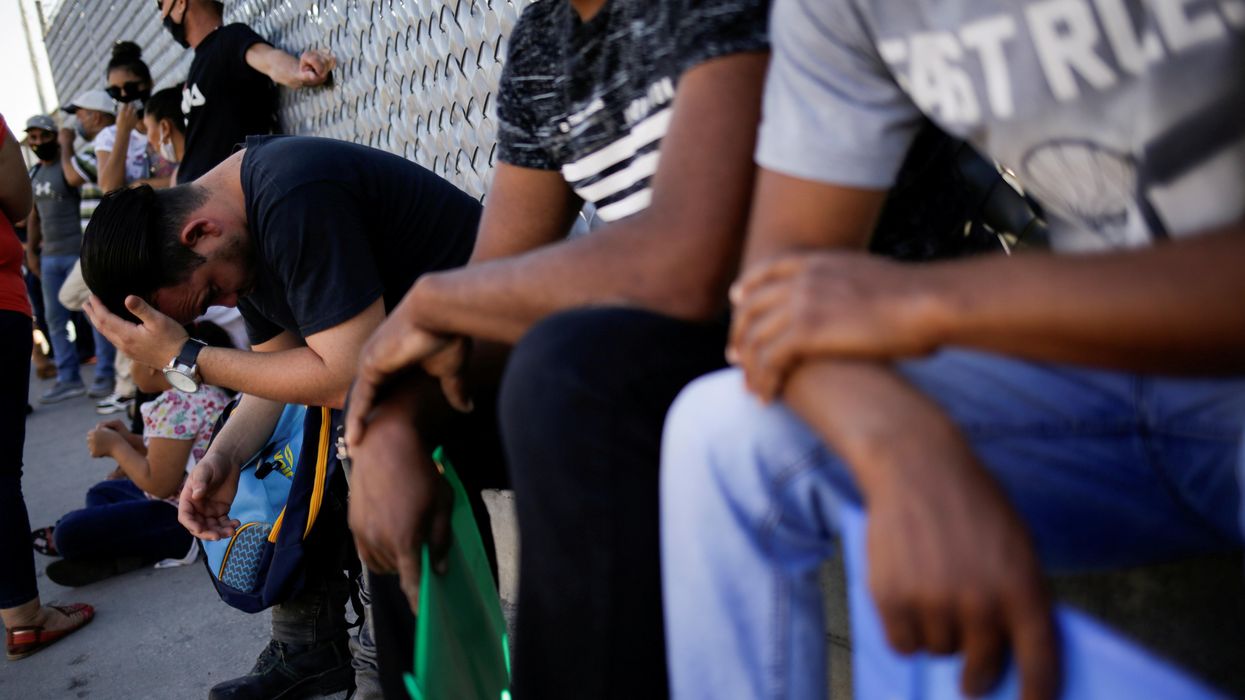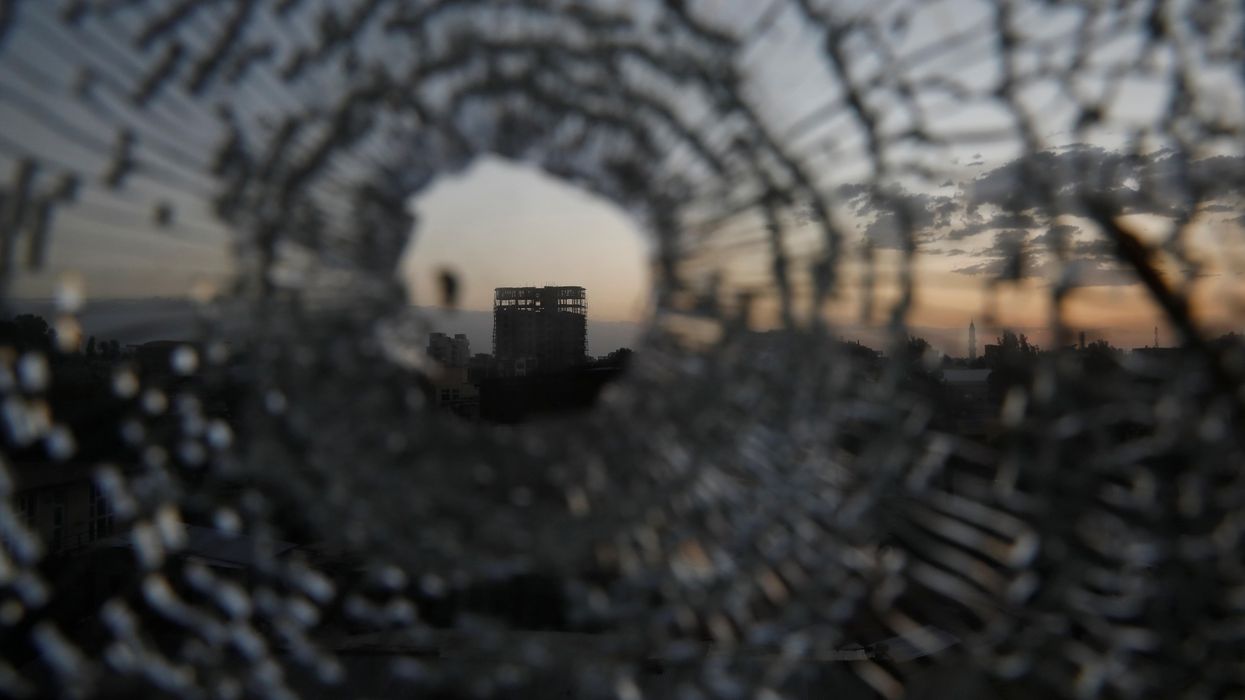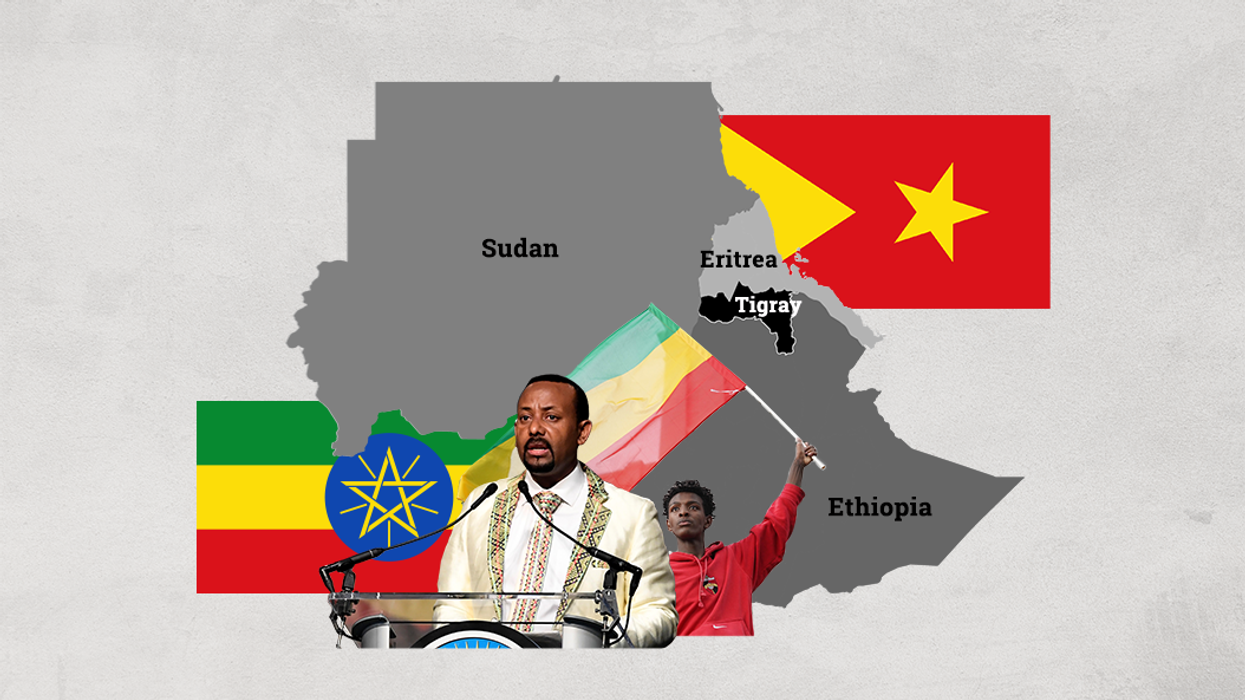Middle East
Eritrean riot fuels Bibi backlash
Over 150 people were injured, eight seriously, during violent clashes between hundreds of Eritrean migrants in Tel Aviv, Israel, over the weekend. Protesters breached police barriers, smashing storefronts, car windows, and an event set-up at the Eritrean embassy. Riot police responded with tear gas and stun grenades, and at least 30 officers were injured in battles with demonstrators. Thirty-nine suspects, including some found to be carrying weapons, tear gas, and an electrical stun gun, were arrested.
Sep 04, 2023
